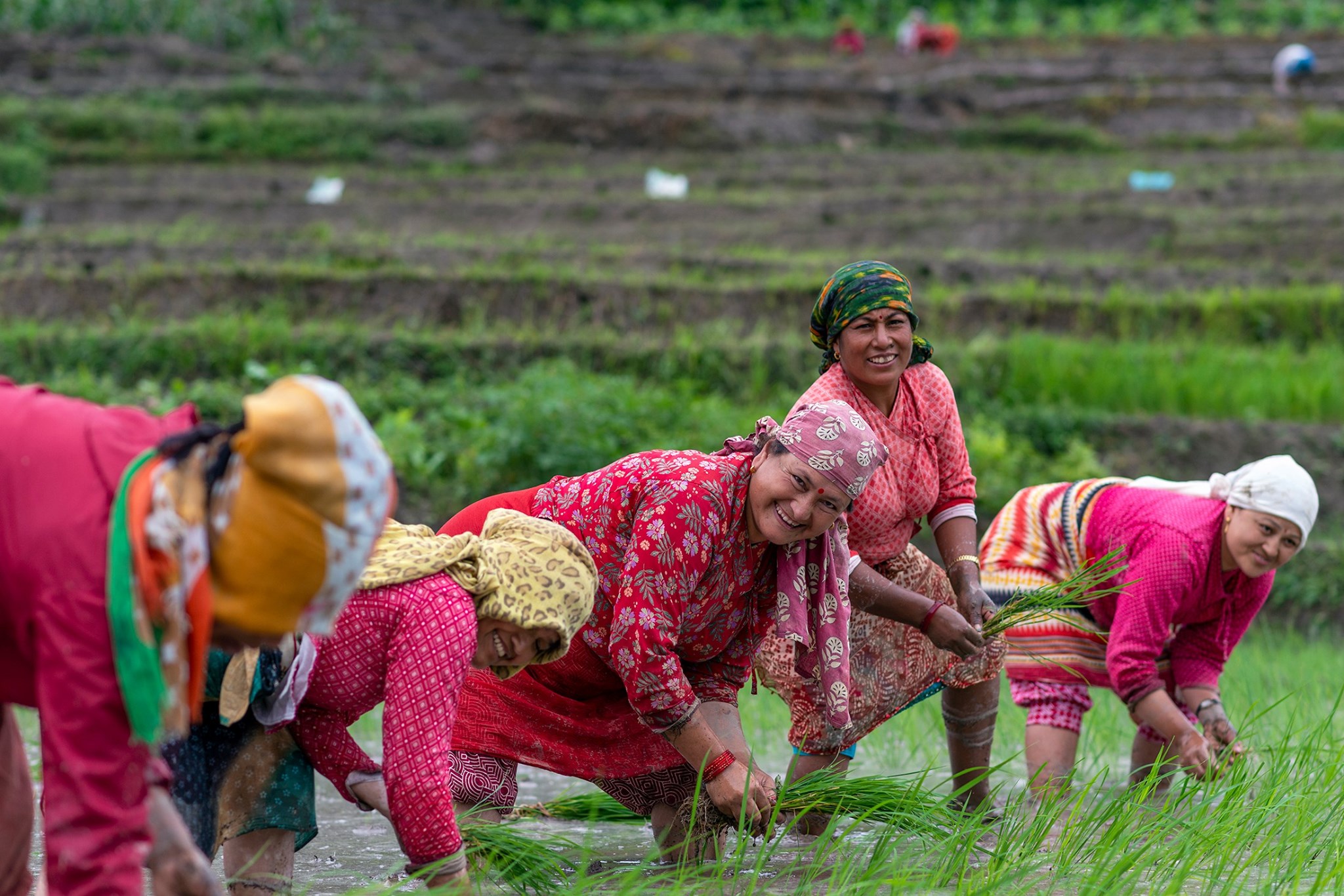Nepal: All Nepal Peasants’ Federation (ANPFA) wins the 2020 Food Sovereignty Prize

All Nepal Peasants’ Federation (ANPFa), one of La Via Campesina’s roots in South Asia, is the largest peasant organisation in Nepal, fighting for agrarian reform and peasants rights since 1951. ANPFa is an alliance of 23 national level peasants’ and producers’ organisations with a membership of nearly two million. It had been very active in mobilising for democratic freedom, peasant rights, land reform, food sovereignty, the right to food, and climate justice in the country and the region.
This week, it was honoured for its long struggle when it won the 2020 Food Sovereignty Prize, organised by the US Food Sovereignty Alliance (USFSA). The Food Sovereignty Prize is announced on World Food Day.
“Food sovereignty is central to everything that ANPFA does. This prize encourages us to implement constitutional rights of food sovereignty. Nepal is among the few countries in the world where food sovereignty is enshrined in its Constitution. There is already a law in place in Nepal for the implementation of food sovereignty, which means to localise food and agriculture systems, move towards agroecological practices and build rural economies”.
said Pramesh Pokharel, International Coordination Committee member of La Via Campesina and department of foreign affairs at ANPFA
Food sovereignty entered as fundamental right of the people for the first time in the constitutional history of Nepal and was inducted in part three of the Interim Constitution, 2007 Article 18(3) which is a remarkable achievement for the peasants’ movements worldwide and for the Nepalese people who struggled against feudalism and despotic monarchy.
A press release from the organisers of the Food Sovereignty Prize also recognised ANFPa’s active role in Nepal’s democratisation process.
“Nepal is now one of several countries in the world to have adopted food sovereignty into law, and ANPFa has been leading national efforts on implementation. ANFPa has also been active in COVID relief efforts, including distribution of relief materials, coordinating with local governments on managing food supplies, and policy advocacy work.”, the release read.
